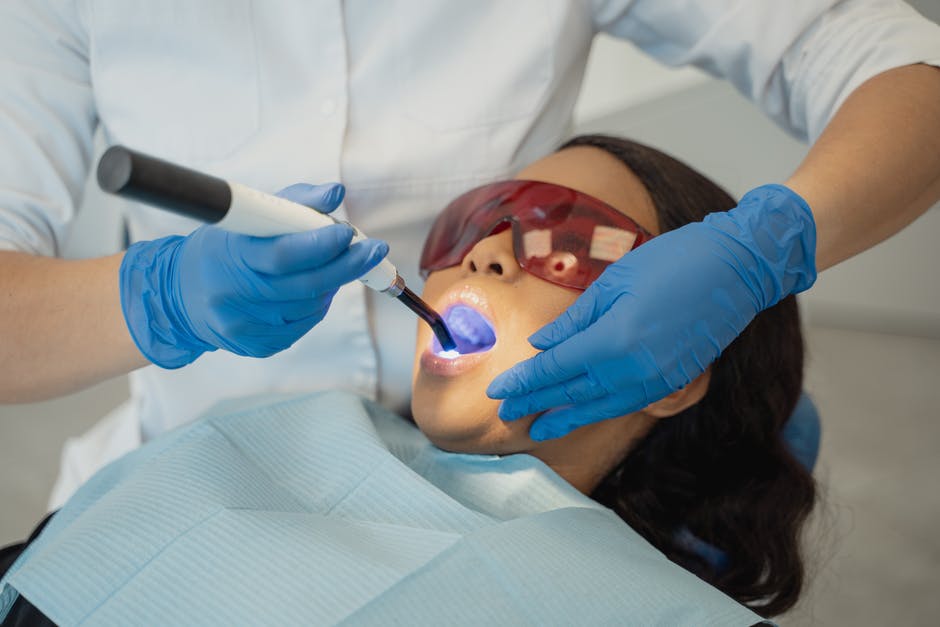It is estimated that up to 75% of kids could benefit from getting braces. Not only can braces help straighten your teeth, but they can even improve the shape of your face. While braces are a common procedure, it can still feel intimidating to get braces from a dentist in Port St Lucie FL.
Learning more about the procedure can help you prepare and feel calmer and more confident when the time comes! Do you want to learn more about getting braces in Port St. Lucie and what to expect?
Keep reading this guide for everything you need to know about how to get braces.
Initial Consultation
Before you decide whether or not braces are the best option for you, you will have an initial consultation with your orthodontist in Port St. Lucie. This will allow your orthodontist to evaluate your teeth to see which treatment options would work best for you.
During this initial consultation, you can talk with your dentist and ask them any questions you have about the upcoming procedure.
For example, how long will it take to get braces? How long will you have to wear your braces? Do braces hurt?
Getting answers to each of these questions can provide you with peace of mind and will help you feel prepared to get braces.
Pre-Treatment
Before you can get your braces placed, you may need to get some treatment done.
First, you should go to the dentist for teeth cleaning. It is essential that you get your teeth professionally cleaned, as this will remove plaque and other types of buildup that would otherwise be trapped beneath your braces and could potentially cause tooth decay.
If you have any other oral conditions, you should also get these treated before your braces procedure. For example, if you have any cavities or issues with your gums, these will be more difficult to treat once you have braces on your teeth.
This is because the brackets can get in the way of your dentist or orthodontist.
You will also need to get x-rays of your mouth before you can get braces. This will allow your dentist to learn more about the spacing of your teeth to see if you will need any spacers or other types of preparation for braces.
Lastly, your dentist will take a mold of your teeth. This is done by biting down on a tray of impression material that will mold to the shape of your teeth. Your dentist will use these molds to ensure that your braces are designed for the best fit!
Placement Day
After all of your appointments prior to getting braces, you are ready for placement day! Make sure you come prepared and properly brush and floss your teeth before getting braces.
Before your dentist can apply the brackets to your teeth, they will use an etchant on your teeth. This way, it will be easier for the brackets to adhere to your teeth. It will typically take a few hours to bond the brackets to your teeth and it is a painless procedure for most people.
Your orthodontist will then use a light to cure the adhesive and harden it to your teeth. The last step of the braces procedure is running wire through each of these brackets.
Days After Placement
In the days after your braces are placed, you can expect your mouth to feel a bit sore. This is typical as your teeth begin the realignment process. Because braces use wires and elastics to pull your teeth into their proper alignment, it may be difficult to open and close your mouth as you normally would.
Your mouth may feel like it is getting scratched from the brackets. If this is the case, you can use dental wax from your orthodontist to cover the sharp areas of your braces. This way, your braces will be smoother and less likely to irritate the sensitive skin on the inside of your lips and cheeks.
You can expect this discomfort to be greatly improved or even gone after the first week of having braces.
Follow-Up Appointments
After getting braces, you will have several follow-up appointments with your orthodontist. This will allow your orthodontist to regularly adjust your braces to ensure that your teeth are progressing as they should be.
These appointments are typically done every month or two and will allow you to repair any problems with your braces, like loose wires. When you get your braces adjusted, you can expect to feel a bit of discomfort until your teeth become used to the change of pressure.
Dealing With Discomfort
It is completely normal to experience a bit of discomfort after your braces procedure and after each of your adjustments. Because chewing can be painful for a few days after getting braces, there are a few things you can do to lower your discomfort!
For example, you can eat soft foods that are easy to eat and require little chewing. Things like mashed potatoes, soft fruit, and yogurt are great options. You can also use a topical anesthetic on areas of your mouth that feel especially sore.
Looking for a Dentist in Port St. Lucie, FL? We Can Help
When you are getting braces, the procedure and commitment may seem overwhelming. However, learning more about each of the steps to getting orthodontics in Port St. Lucie can help you prepare and feel less stressed!
If you are looking for a Dentist in Port St. Lucie, FL that offers orthodontic treatment, Jacobus Orthodontics can help!
Contact our orthodontist office today to learn more about adult braces, Invisalign, and other teeth straightening treatments available.

